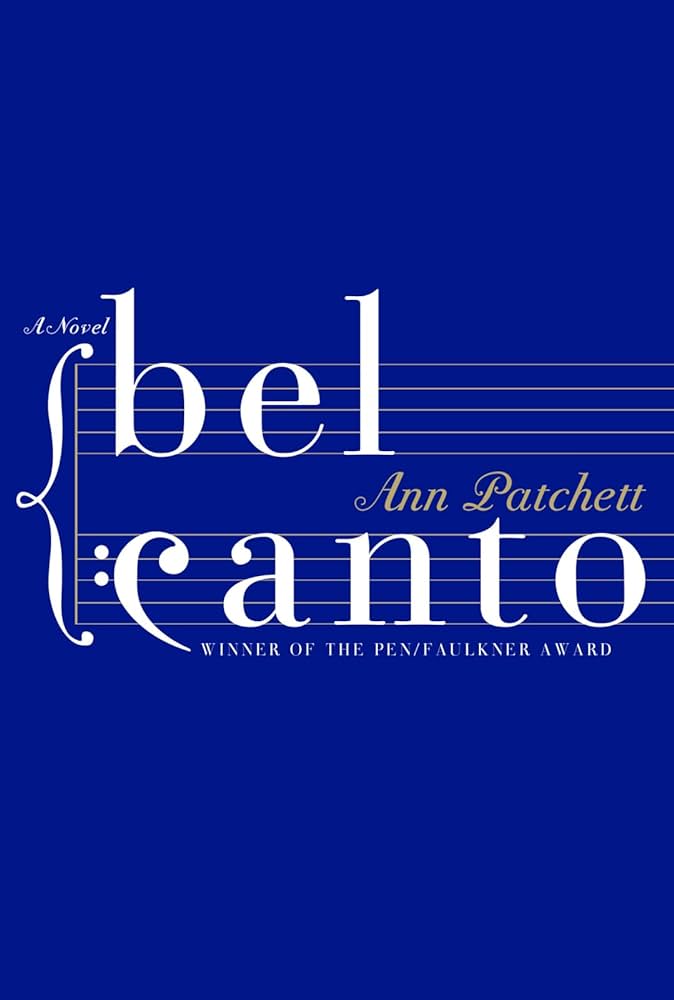Don’t tell Trevor and Dennis, but the real reason I joined the podcast was to work through my TBR list. Since getting into women-authored science fiction, I’ve been meaning to read something by Ursula K. Le Guin, a celebrated science fiction and fantasy author who has left an indelible mark on the genre.

https://www.ursulakleguin.com/publicity-photos
Born in 1929 in California, Le Guin’s literary career spanned nearly six decades producing over 20 novels and 100 short stories. She inspired the likes of Salman Rushdie, David Mitchell and Neil Gaiman and after her death, Michael Chabon referred to her as the “greatest American writer of her generation”. High praise!
This month, the Time to Read podcast is reading her 1969 novel, The Left Hand of Darkness. This book achieved major critical and commercial success, helping to establish Le Guin as a major player in the science fiction field. It tells the story of a human emissary to Winter, an alien world without sexual prejudice whose inhabitants spend most of their time without a gender. The human’s goal is to facilitate Winter’s inclusion in a growing intergalactic civilization, but to do so, he must consolidate his own views with those of the culture he encounters. (This is giving me real Octavia E. Butler/Dawn vibes.)
This book won both the Hugo and Nebula awards for Best Novel and has been reprinted 30 times. The literary critic Harold Bloom wrote that “Le Guin…has raised fantasy into high literature”.
While you’re eagerly awaiting our thoughts and feelings on this book, why not check out our latest episode on The Apollo Murders by Chris Hadfield and find out why we don’t let Trevor choose the books.
And until next time, make sure you find….time to read.
-Toby
























